In the Special Operations Forces community, SEAL Team 6 is renowned as one of the most capable fighting forces. However, it is important to note that SEAL Team 6 (also known as DEVGRU or Development Group) is not a team in the traditional sense. It is a separate command under the Joint Special Operations Command (JSOC) and is classified as a Tier 1 unit. In contrast, regular SEAL teams are actual teams under the Special Operations Command (SOCOM) and are classified as Tier 2 units. These units’ selection process, training, budget, and missions differ.
To join SEAL Team 6, a SEAL must first graduate from Basic Underwater Demolition/SEAL (BUD/S) training and serve in a regular SEAL team for at least five years. After fulfilling this requirement, the SEAL can then apply to participate in assessment and selection with the Green Team, which is the path to joining SEAL Team 6. Here are some differences:
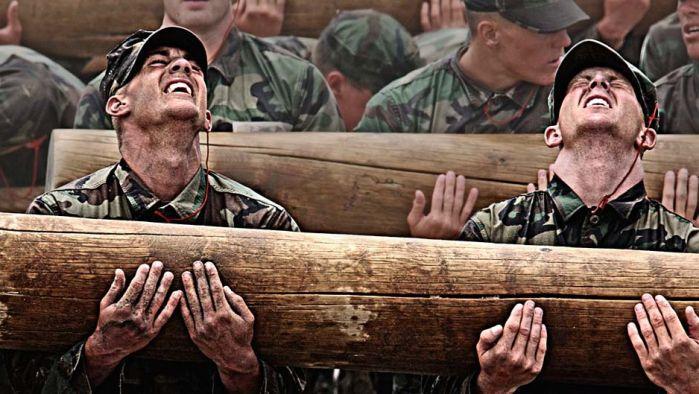
Selection
Regular SEAL teams select candidates from the Basic Underwater Demolition/SEAL (BUD/S) and SEAL Qualification Training (SQT) programs. Many of these candidates come from various backgrounds, including the military and civilian sectors. On the other hand, DEVGRU (SEAL Team 6) only selects from the most exceptional SEALs who have at least five years of operational experience. These candidates are typically chosen from the ranks of regular SEAL teams.
Training
Regular SEAL training primarily focuses on preparing candidates for direct action missions. In contrast, DEVGRU (SEAL Team 6) training has a broader scope and significantly emphasizes counter-terrorism and close-quarters combat (CQB). This specialized training enables DEVGRU operators to handle various missions and threats.
Budget
Compared to regular SEAL teams, DEVGRU (SEAL Team 6) has fewer members. Additionally, the Joint Special Operations Command (JSOC) budget allocated to DEVGRU is generally more generous than the budget provided to the Special Operations Command (SOCOM). This allows DEVGRU personnel to take advantage of additional, often costly, training from renowned experts in various fields, such as breaching, hand-to-hand combat, and precision shooting. This specialized training enables DEVGRU operators to maintain their high proficiency and readiness.
Mission
Navy SEALs are frequently organized into Task Forces and work under the direction of combatant commanders in specific regions. Their primary focus is on Special Reconnaissance and Direct Action missions. DEVGRU personnel, on the other hand, often operate more independently and focus on counter-terrorism efforts at a global level. They are frequently deployed to denied areas, such as Yemen and Somalia, to target high-value individuals, such as major terrorists. DEVGRU’s specialized training and expertise make them well-suited for complex and high-stakes missions.
Conclusion
SEAL Team 6 comprises highly experienced, exceptionally trained, and well-equipped SEAL operators specializing in the most challenging global counter-terrorism missions. The process of joining DEVGRU begins by completing Basic Underwater Demolition/SEAL (BUD/S) training and serving in a regular SEAL team. After meeting these requirements, a SEAL can apply to participate in assessment and selection (A&S), which involves a rigorous selection process and training program. Those who complete A&S become members of DEVGRU.
While the process may seem straightforward, it is important to note that DEVGRU’s training and selection requirements are extremely demanding, and only the most elite SEALs can meet the necessary standards.




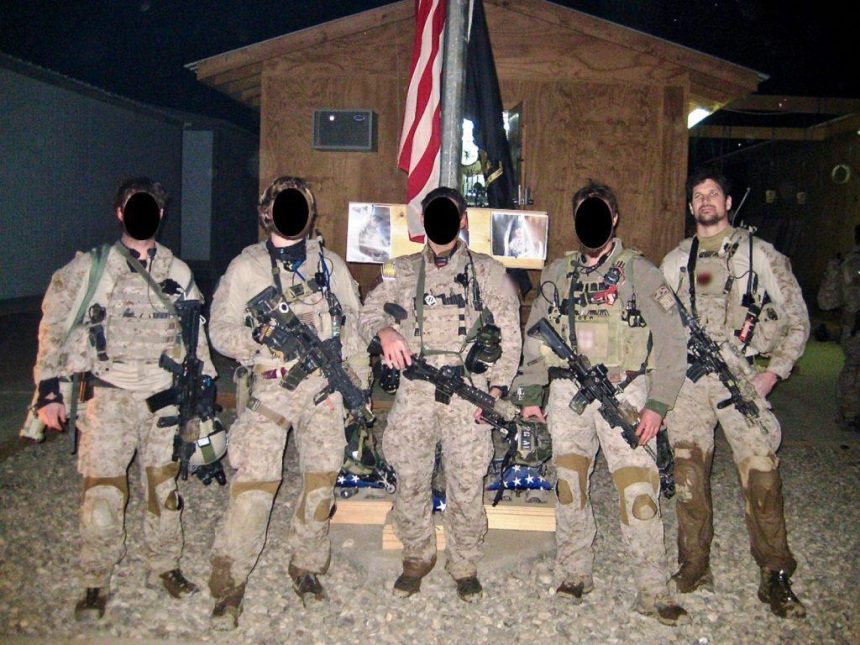
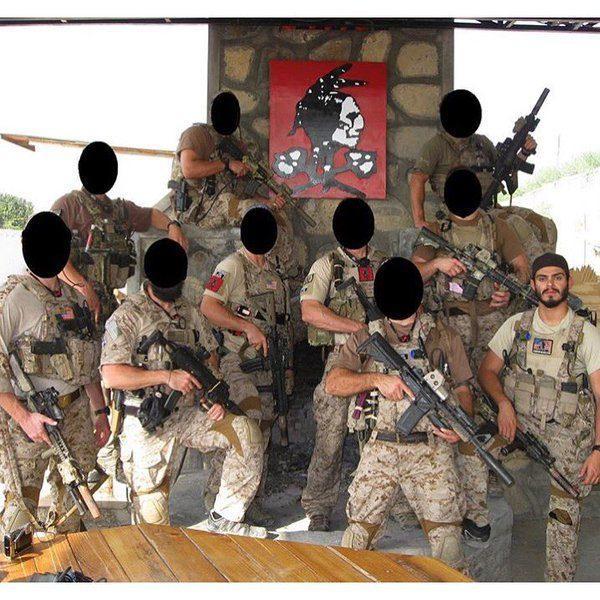
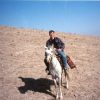
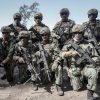
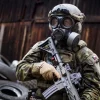
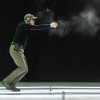
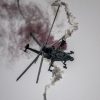
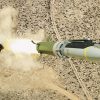
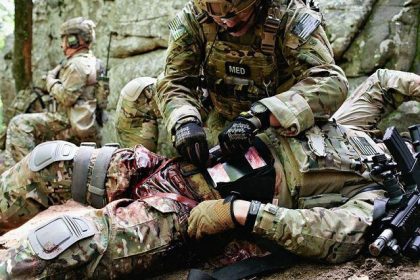
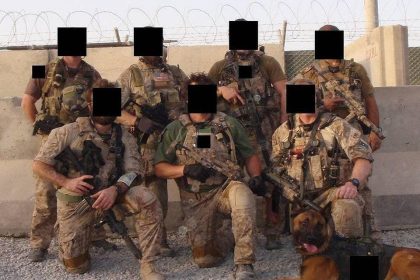
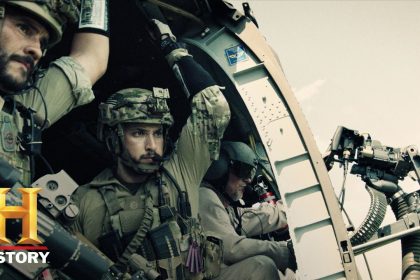
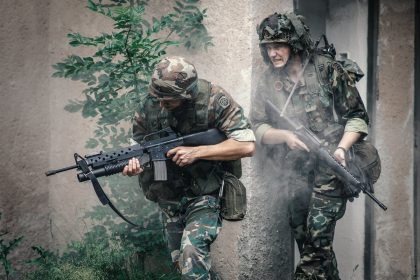
I have a friend who served on ST6 twice with about 2 years in between where he served as an instructor according to his service record, which he showed me. He’s been out since 2005, but was asked to be a consultant for various contractors. What would any of that training regarding international relations, say training Afghan police, get him toward any college credit? Has any other Tier 1 member been able to use specialized experience towards a college degree?
Firstly, I do admire the members of these special groups, but they do have their faults. I have both studied (CGSC) and have 1st hand experience with SOFs (Baghdad, medical…cleaning up their mistakes). It’s ashamed to say that there have been many operational errors such as: positioning an antenna outside an Iraq spider hole and being discovered by shepherd girl (Iraq “war”, 1991), forgetting secure satellite radio and regular radio batteries (Grenada, 1983), attacking an Iraqi residence without sufficient recon (Baghdad, 2004), Pat Tillman’s (Army Ranger) death and cover-up (Afghanistan, 2004). There are many more examples. With all the special selection process, special equipment, special training, huge budgets they still make rookie level mistakes.
when Seal Team 6 was formed it was suppose to be a secret unit that never existed however due to Obama and other former team members Seal Team 6 was made public. Cdr. Marcinco formed trained, and turned the team into a secret Seal Team. But like I
said members of the team started writing books obama started blabbing ha big mouth, so much for OPSEC!
J. Harris (above) knows all: expect how to capitalize, spell, and use acronyms. Another keyboard warrior strikes again.
HA! Me and my big mouth! Except (from comment above)!
Dick Macinco was writing books about his exploits back in the 90’s I don’t think it was Obama that let the cat outta the bag.
Thanks for the nice article.
ill bet there are no dei members